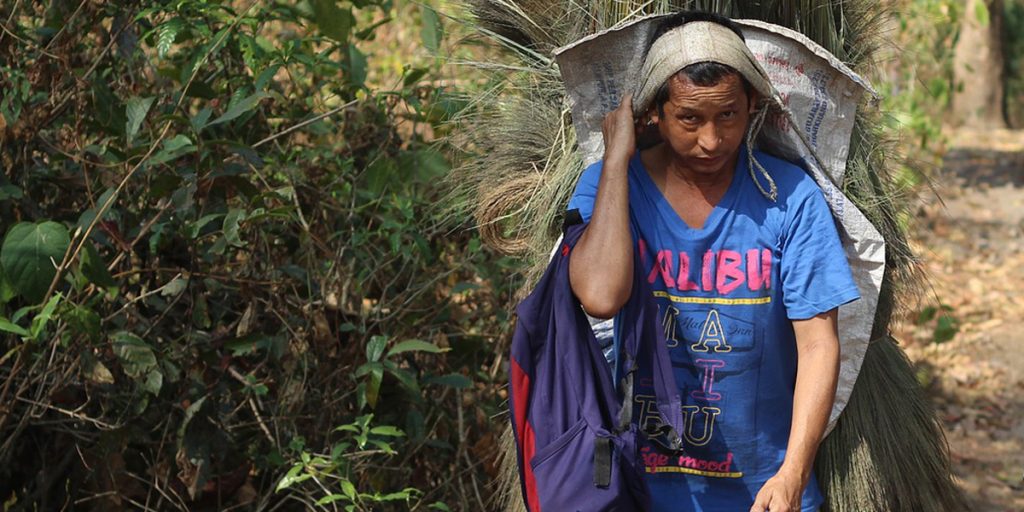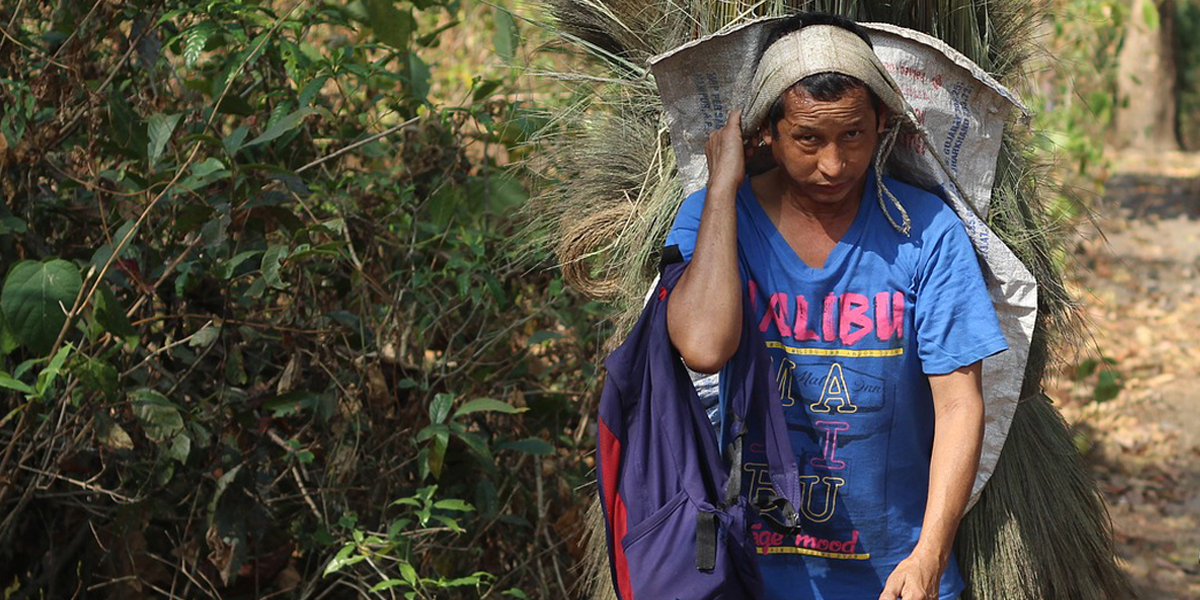
PACELLI (Colombia), Feb 12 (NNN-AGENCIES) – They were once manual laborers, taxi drivers, fishermen and merchants. But Venezuelan migrants fleeing poverty and shortages of basic necessities have been forced into new work: picking coca leaves for Colombia’s drug traffickers.
Hundreds of Venezuelans work grueling days on coca leaf plantations, seduced by better pay despite harsh conditions, painful labor — and uneasiness about contributing to illegal cocaine production.
Like the other Venezuelans working here, 23-year-old Eduar,
who wanted to hide his true identity for fear of repercussions back home, never imagined he would end up working for the narcos.
A father of two young children, he came here two years ago, giving up his job as a motorcycle taxi driver after Venezuela’s hyperinflation — which hit an estimated 1.3 million percent last year — devoured his savings.
Leaving central Venezuela, he arrived in Colombia’s Catatumbo border region where initially he worked as a builder.
As a coca leaf picker he earns $144 a month — three times more than he did in construction.
Like all the Venezuelan migrants, he keeps just enough to live on and sends the rest to his family back home.
It used to be only Colombians who came to Catatumbo, a region infested with armed groups and home since 2017 to 16.5 percent of the country’s illegal coca plantations.
Since 2016, they’ve had to vie for work with Venezuelans.
Another Venezuelan, Naikelly Delgado, 36, arrived in the small town of Pacelli with her sister in 2016.
She used to work in the petrochemical industry and initially found employment as a cook, but ended up in the plantations to earn more money.
Missing their families back home and suffering physically at work, disdain for Venezuela’s President Nicolas Maduro is growing among the plantation workers.
Although those who shared their experiences said they previously supported Maduro’s socialist predecessor Hugo Chavez, they now want Maduro out.
Pacelli, a small town of just 3,200 inhabitants, has already seen its numbers swelled by 1,000 Venezuelans since 2016.
The majority end up working in plantations in place of locals, said community leader Gerson Villamizar.
Those who come have to abide by strict rules that ban prostitution, drug consumption or carrying weapons. They also need a letter of recommendation from a Colombian to work, even in the plantations.
Around 100 Venezuelans have been expelled for crimes including theft, attempted murder and drug use. — NNN-AGENCIES






